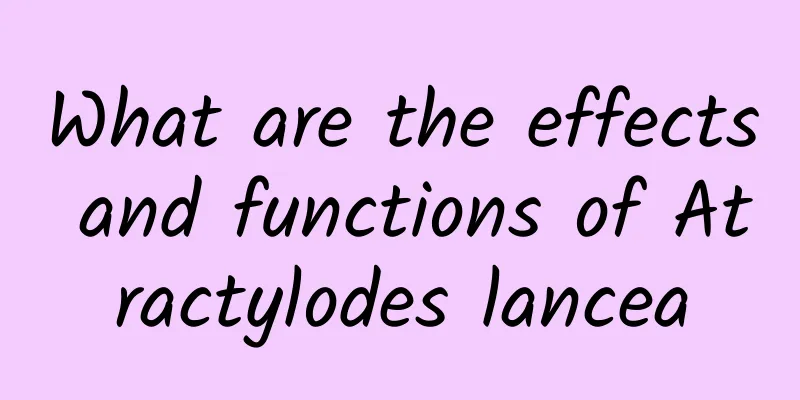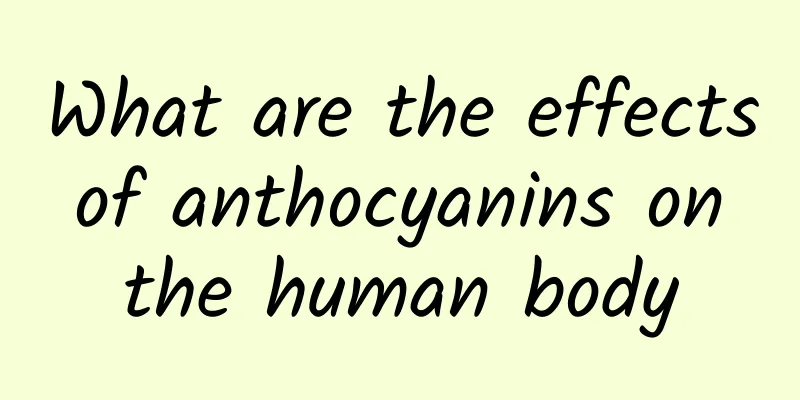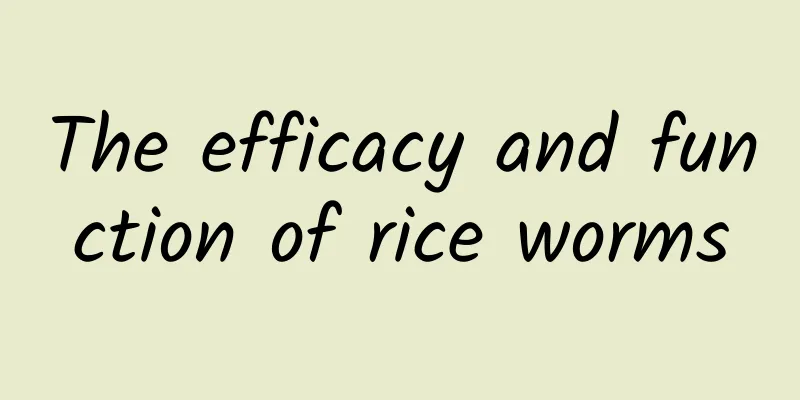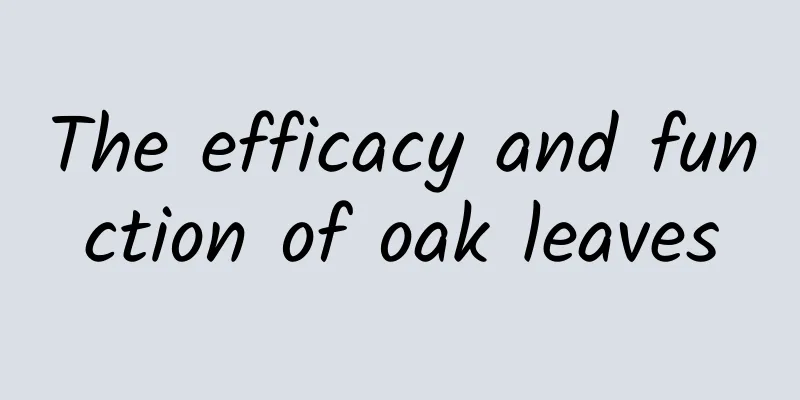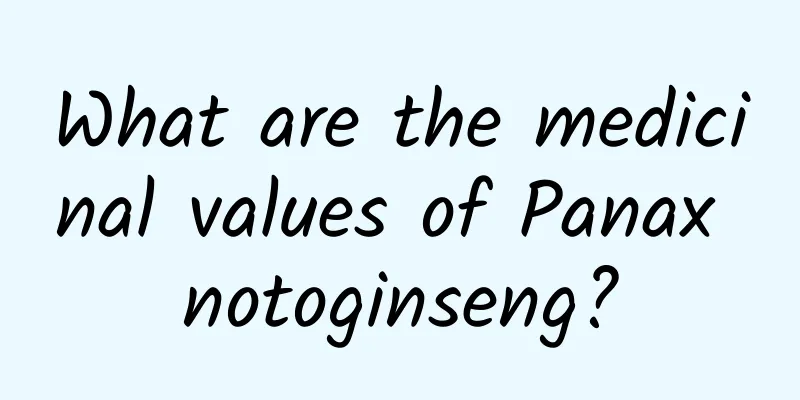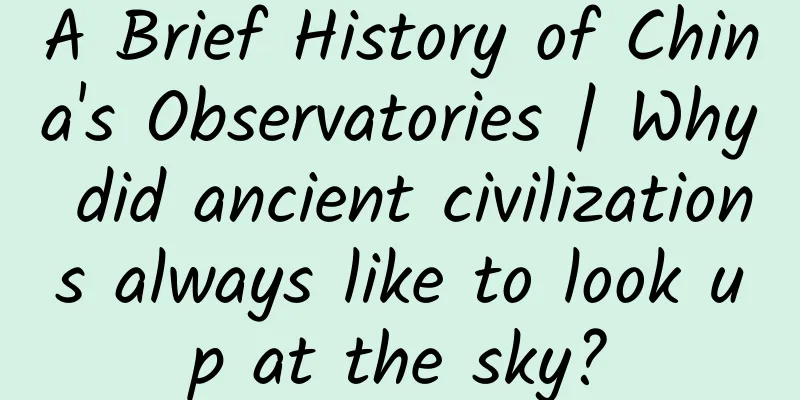More than 60% of consumers have misunderstandings about these 4 issues regarding food additives!
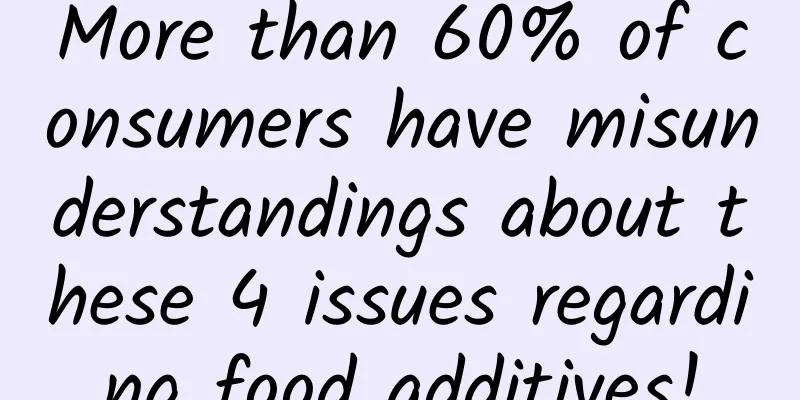
|
The use of food additives has a long history. With the improvement of modern food processing technology and the development of the food industry, the research and development and use of food additives have also made great progress, which has played a positive role in promoting the development of the food industry. However, the "Chinese Consumer Food Additives Perception Survey" recently initiated by the China Science and Technology Information Exchange Center for Food and Health Information shows that Chinese consumers still have four major misunderstandings about food additives : For example, 62% of consumers believe that "long-term and large-scale intake of food additives is harmful to health"; 70% of consumers believe that "food additives from natural sources are safer than synthetic ones"; 66% of consumers believe that "0 additives" and "0 preservatives" foods are safer; and nearly 80% of consumers still believe that "melamine" and "clenbuterol" are food additives... Below, we will answer these "common misunderstandings" one by one~ Image source: "Survey on Chinese Consumers' Knowledge of Food Additives" 01 Misconception 1: Long-term and excessive intake of food additives Harmful to health? Zhong Kai, director of the Kexin Food and Health Information Exchange Center, said that "long-term and large amounts" is actually layman's talk, and experts who really understand food safety would not say that. For example, when evaluating the safety of food additives, it is necessary to fully consider the extreme situation of "lifelong, daily, and large amounts of intake", so the so-called "long-term and large amounts of intake are harmful to health" on the Internet is almost impossible to appear. In addition, the national standards also "calculate the total account" when stipulating the scope and amount of use of food additives, so the "additional effect" that everyone is worried about is also covered. 02 Misunderstanding 2: Food additives from natural sources Safer than synthetic ones? Luo Yunbo, an academician of the International Academy of Food Science and a professor at Beijing Technology and Business University, said that this idea may be related to the widespread "chemical phobia" among people, but food additives, whether natural or synthetic, are all "chemical substances" and are treated equally in management: the same methods and criteria are used to evaluate their safety. Therefore, food additives approved for use are equally safe, regardless of their source. 03 Misconception 3: “0 additives” and “0 preservatives” are safer? Sun Baoguo, an academician of the Chinese Academy of Engineering, pointed out that "0 additives" and "0 preservatives" are typical panic marketing , which takes advantage of consumers' concerns and distrust of food additives, and in turn further strengthens the perception that "food additives are harmful." In fact, "0 additives" and "0 preservatives" are not safer, and sometimes they mislead consumers, which may stigmatize other products and cause unfair competition, which is not conducive to the healthy development of the food industry. 04 Misconception 4: Are melamine and clenbuterol food additives? Melamine and clenbuterol are two typical illegal additives. Chen Junshi, an academician of the Chinese Academy of Engineering, pointed out that only those approved by the government are food additives, and those used without approval are illegal additives. The demonization of food additives is partly due to consumers confusing food additives with illegal additives. Although relevant government departments, professionals and the food industry have done a lot of popular science around food additives, it is clear that there is still a long way to go. In addition, it is recommended that the professional community further strengthen research on communication strategies to ensure that scientific knowledge and concepts can truly "enter the ears and hearts". Author: Ruan Guangfeng, Deputy Director of Kexin Food and Health Information Exchange Center |
<<: World Oceans Day | Can plastic be eaten? This marine microorganism has a big appetite
Recommend
The efficacy of Chinese yam
Medicine is the best choice for treating diseases...
Can AI change the way science is done?
Artificial intelligence (AI) is shaping the scien...
International Epilepsy Awareness Day丨If a child has a convulsion, does it mean he has epilepsy? Talk about childhood epilepsy
Author: Lian Di Xinhua Hospital Affiliated to Sha...
What are the common Chinese medicinal herbs for health preservation?
For those who like to maintain their health, you ...
Big news! The birth of a machine-organoid hybrid "biological computer"! It may overcome the bottleneck of AI hardware
The human brain, the "command center" o...
What are the functions of hibiscus flowers
People often use the word "water lotus"...
The efficacy and function of persimmon peel
Friends who don’t know persimmon peel will not un...
The efficacy and function of thorn grass
Thorngrass is a traditional Chinese medicine with...
The efficacy and function of Lygodium japonicum root
The medical value of Hematoxylin and Sinensis roo...
Does Huangbo harm the kidneys?
Huangbo is a very common medicine in life. It can...
Effects and functions of Stretching Tendon
The effects of Stretching Tendon Vine are usually...
Carbon neutrality is cute, everyone should know it sooner
Hello everyone, I am the cute little carbon dioxi...
Typhoon Tali is about to land! How should we defend and respond?
At present, this year's No. 4 typhoon "T...
Another huge step forward! OpenAI o1 is here. How does it solve complex problems?
Produced by: Science Popularization China Author:...
What are the medicinal values of walnut branches?
Normally, we eat walnuts just as a snack, a leisu...
